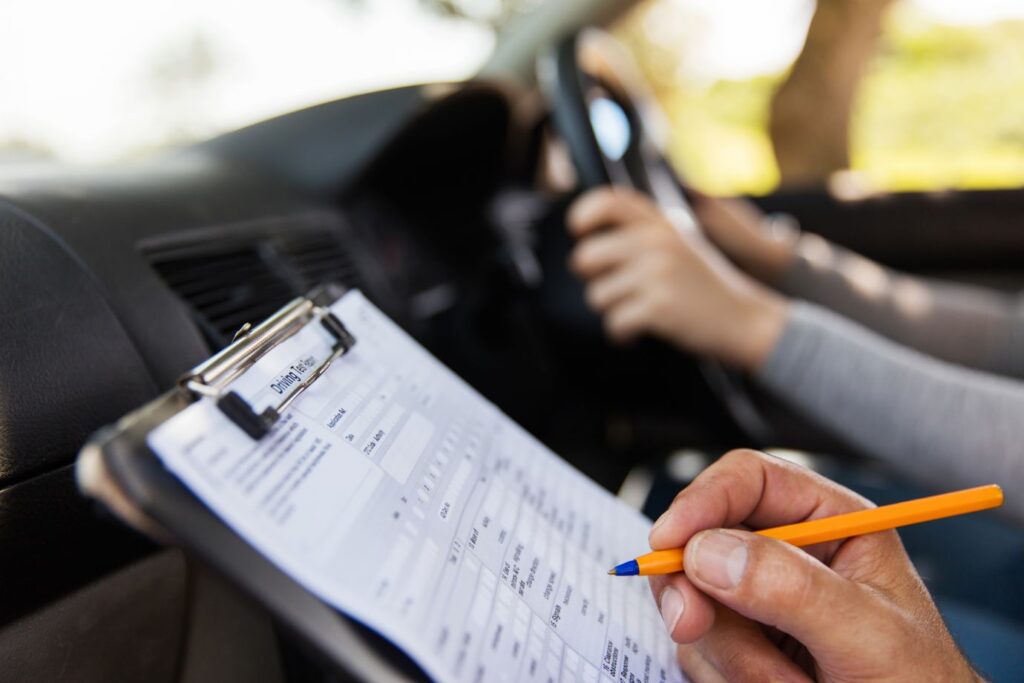I have a 16-year-old daughter who has just started learning to drive. Like many parents, I’ve encouraged her to book lessons with a professional instructor. Not just because it is stressful for me to sit beside her while she’s navigating roundabouts and reverse parking, but because I genuinely believed a qualified instructor would teach her good habits and keep her safe. But I never really considered what “safe” meant.
The recent ABC investigation into sexual harassment and assault by driving instructors has really shaken me. It’s revealed hundreds of allegations spanning over 60 years, with more than 300 people, mostly women and girls, sharing disturbing accounts of misconduct. These include instructors making inappropriate comments, touching students under the guise of instruction, and even driving them to remote locations to isolate and assault them.
One story that particularly haunted me was that of 17-year-old Bodhi Genis. Her instructor told her mother that students “do better” without a parent in the car. He then drove Bodhi to the outskirts of town and sexually assaulted her while she was behind the wheel. She was trapped, alone, and terrified. Another woman recalled her instructor asking if she had a boyfriend, then saying, “I bet you have d***s in your mouth,” before touching her leg and asking if she “spit or swallowed.”
These are not isolated incidents. They are part of a pattern, one that has been allowed to persist due to a lack of oversight, accountability, and national regulation. There is currently no legal requirement for driving instructors in Australia to have dash cams, and no national body tracking complaints or disciplinary action. Victims often don’t report incidents because they fear they won’t be believed because it is their word against the instructors, or they’ve seen the justice system fail others before them.
And here’s the thing, I never worried about this when my son was learning to drive. I didn’t hesitate to book him lessons. I didn’t think twice about who he was alone with in a car. But with my daughter, I find myself constantly issuing warnings: don’t walk alone at night, don’t wear both earbuds so you can hear what’s around you, don’t leave your drink unattended. When she and her friend went to a concert in the city, I told them to do up their tops on the train ride home because there might be drunk men coming back from the footy. Then I apologised for having to say that. But the truth is, this is what we have to put up with as women.
This investigation has reinforced how deeply ingrained these double standards are. It’s not just about safety, it’s about the constant vigilance we expect from girls and women, and the blind trust we extend to men in positions of authority.
Thankfully, some MPs are calling for change. Greens Senator Larissa Waters has criticised the lack of federal leadership, saying the issue is “clearly a national problem” and urging Transport Minister Catherine King to coordinate a national response. Senators David Pocock and Fatima Payman have also joined the push for urgent reform, demanding better protections for learner drivers.
But reform can’t just be about policy it has to be about culture. We need to stop normalising the idea that girls should expect to be harassed, and that boys don’t need to worry. We need to teach our sons to be allies and our daughters to speak up, but more importantly, we need systems that protect them before they ever have to.
As we wrap up Women’s Health Week, it’s worth remembering that safety is a fundamental part of health. This year’s theme, “Say yes to you,” encourages women to prioritise their wellbeing. But how can we do that when our everyday environments from train stations to driving lessons are fraught with danger?
Women’s health isn’t just about check-ups and fitness, it’s about feeling safe in our bodies, in our streets, and in our cars. It’s about being able to learn, grow, and move through the world without fear. And it’s about making sure our daughters can do the same because their safety is not negotiable nor should it be.


